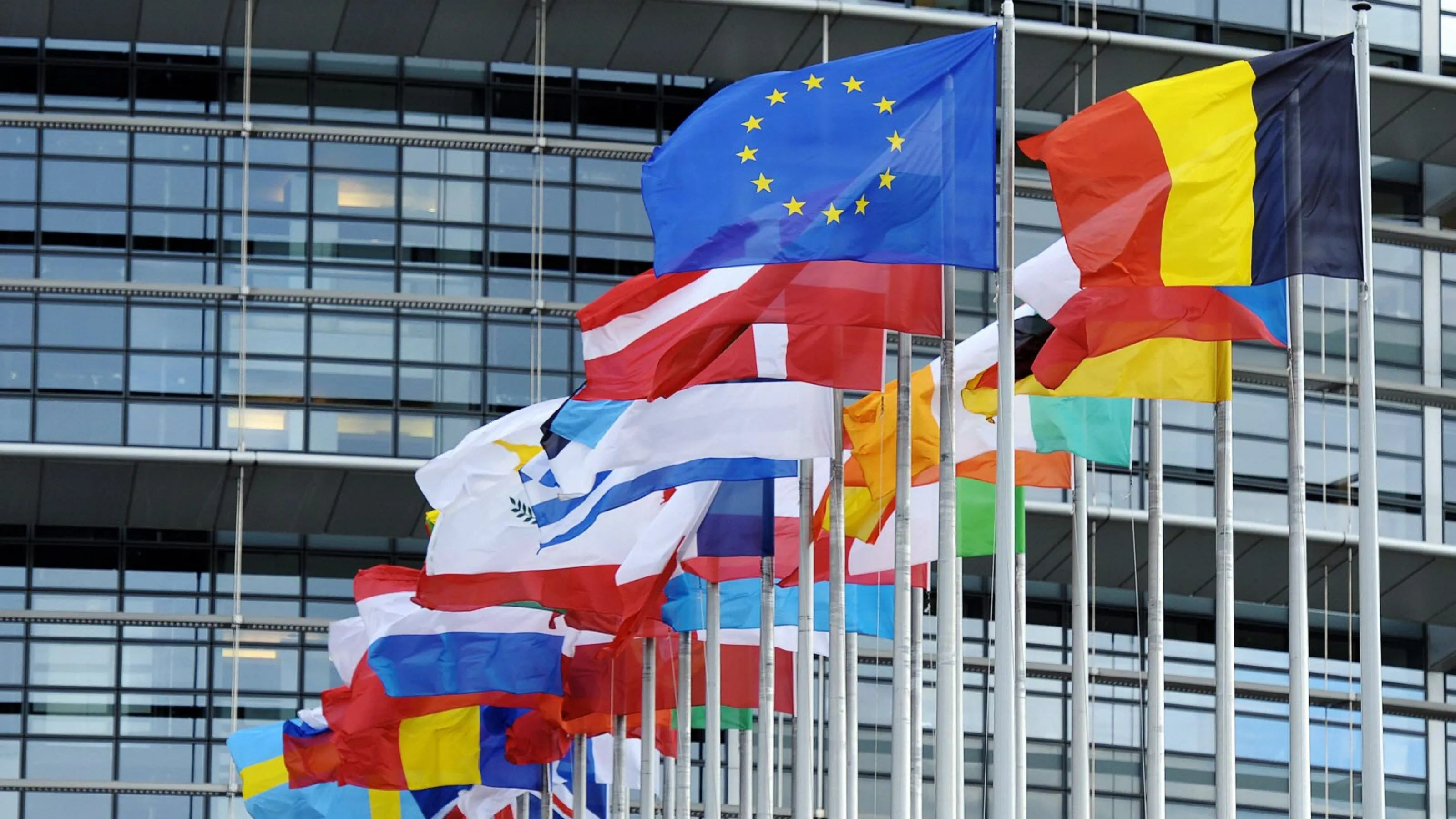Actualités
South China Morning Post I China firms warn EU foreign subsidy rule could hit investor confidence

Paru le 09/07/2022
Par Priyanka Shankar
- Regulation aimed at state-backed Chinese firms ‘underestimates’ administrative burdens it will place on non-EU companies
- Analysts warn the new rules will also affect companies from the US and Britain, Europe’s biggest trading partners
State-backed foreign firms acquiring companies in the European Union will be subject to a regulation which aims to address foreign subsidy distortions in the bloc’s internal market.
But Chinese businesses said the new regulation – which comes into force next year – may slash their confidence in the European market.
The regulation – proposed by the European Commission in May 2021 and approved by EU nations last week – allows the investigation of acquisitions worth €500 million (US$516 million) and public procurement bids from firms worth €250 million, if it finds them benefiting from foreign subsidies.
From 2023, the commission will be able to investigate subsidies from the previous five years.
The new rules also state that if companies do not reveal the foreign subsidies they get from non-EU countries, the European Commission has the power to impose hefty fines on them until they get the notification.
“We want to make sure European companies are not undermined by foreign subsidies,” commission vice-president Margrethe Vestager said.
Bruno Le Maire, France’s economy minister, welcomed the regulation as “a major step to protect the EU’s economic interests”. “The agreement reached on this new instrument will make it possible to combat unfair competition from countries that grant massive subsidies to their industry,” he said.
While the regulation targets all non-EU countries, the European Commission is keen to use it to crack down on Chinese companies backed by state-funded loans which invest in the EU.
The commission highlighted the need to address the issue of subsidies from foreign governments in its 2019 strategic outlook towards China, to safeguard the EU’s competitiveness and ensure a level playing field.
“Foreign companies are welcome on our internal market as long as they play by the same rules, including regarding state aid and public support,” said EU lawmaker Stephanie Yon-Courtin from the Renew political group.
But Alicia Garcia-Herrero, chief economist for the Asia-Pacific region at the investment bank Natixis, said the legislation, while comprehensive, would not be able to pinpoint all cases of China using “distortionary practices” to gain market share in Europe and other countries where European and Chinese companies competed.
“There are also many types of subsidies that are very difficult to measure, including lower cost of funding from an array of state-owned banks, lower effective tax ratio etc,” she said.
The China Chamber of Commerce to the EU (CCCEU) said the rules underestimated the administrative burdens that would be placed on non-EU companies.
“We support the EU’s initiative to ensure a level playing field in the EU internal market because it is beneficial for the market itself. However, any policy tools introduced and adopted by the EU institutions shall also ensure legal certainty for the business community, and openness and fairness in the market,” the chamber said.
“A new foreign subsidy regulation, along with other unilateral EU tools such as the international procurement instrument, may further take a toll on the confidence of the Chinese business community in the EU and create an unfair business environment for Chinese enterprises.”
A 2021 survey of Chinese enterprises by the CCCEU noted that 68 per cent of respondents anticipated that the new rules on foreign subsidies would have a significantly negative impact on their operations and bidding activities, contributing to difficulties of doing business with the EU.
But the chamber was optimistic about the long run and said greenfield investments by Chinese companies in the EU had been picking up steam recently and Chinese foreign direct investments (FDI) in Europe had also been driven by private companies.
“So in this sense Chinese companies will remain open to investing in the EU,” the CCCEU said.
A spokesperson for the Chinese diplomatic mission to the EU noted the progress of the foreign subsidy regulation and said China believed legislation “should be aimed at ensuring a level playing field, complying with WTO rules and supporting the multilateral trading system”.
“It is hoped the EU can increase policy transparency, ensure fairness, justice and non-discrimination and uphold free trade and multilateralism, so as to create a sound business environment for foreign businesses,” the spokesperson said.
“We also hope that the EU would refrain from setting up new obstacles in investment and public procurement on subsidies grounds.”
China’s greenfield investments in Europe – which include companies like ByteDance opening subsidiaries there – reached a record €3.3 billion in 2021, almost a third of all Chinese FDI in the bloc, according to a report by the Rhodium Group and Mercator Institute for China Studies.
The report noted that China’s FDI in the EU and Britain increased by 33 per cent to €10.6 billion, from €7.9 billion in 2020, mainly driven by the €3.7 billion acquisition of the Philips home appliance business by Hong Kong-based private equity firm Hillhouse Capital and record greenfield investments.
But the report cautioned that Chinese investment in Europe was unlikely to rebound in 2022. “The war in Ukraine and expanding screening regimes and scrutiny of Chinese investment in the EU and the UK will create additional headwinds,” the authors wrote.
Herrero said that while Chinese companies would still be able to export and operate in Europe, they would need to be more careful with the direct subsidies they received from their country.
Trade policy analyst and senior visiting research fellow with Kings College London’s Policy Institute Sam Lowe argued that while China may be the target of the new regulation, it was nowhere near being the dominant country-of-origin for most investment into the EU.
“That would be the US and the UK,” he wrote in his Most Favoured Nation online newsletter, adding that the rules could be more cumbersome for all investors and firms looking to engage in large transactions within the EU.
“They will also be required to keep track of money they’ve received from foreign governments, including [unless something has changed] money received for the purchase of goods and services, going back five years prior to entry into force.”
Markus Beyrer, director general of lobbying group BusinessEurope, highlighted the importance of making the administrative process easier for companies.
“We now need to make sure the regulation is implemented in a way that effectively addresses the most distortive foreign subsidies while minimising the administrative burden on companies and public administrations,” he said.
“For this, the companies will need a detailed guidance on the different aspects of the regulation.”
 Stéphanie Yon-Courtin
Stéphanie Yon-Courtin


